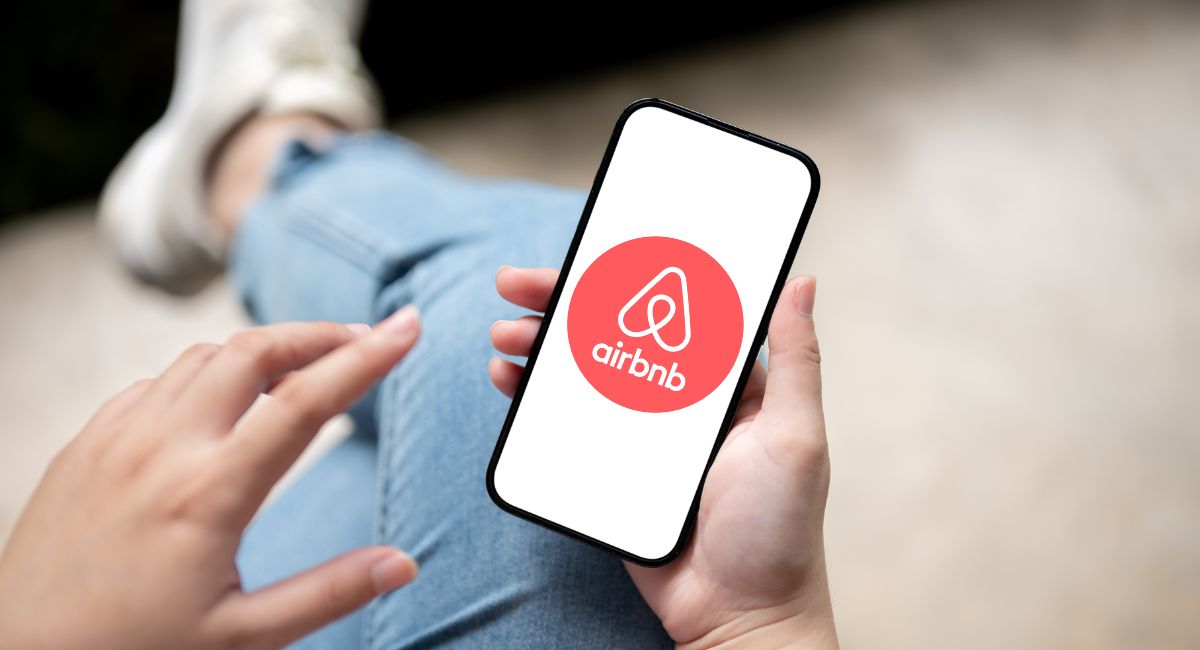As we highlighted in our recent blog on tax and the sharing economy, the Australian Taxation office (ATO) is paying closer attention to those involved in the sharing economy. This includes those offering short term rentals of all or part of their home on platforms like Airbnb or Stayz. Under the new Sharing Economy Reporting Regimes, these platforms are required to report seller transactions to the ATO. So it’s vital that if you’re earning some extra income by renting out that spare room or your holiday home, you understand the airbnb tax implications in Australia.
Airbnb Tax Implications For Individuals In Australia
Tax on Rental Income
You are generally required to pay income tax on the income you earn from renting out your property on platforms like Airbnb. The income should be included in your annual tax return as part of your total assessable income. It’s important to understand that the ATO is now using data matching processes so openly and accurately declaring your income earned via Airbnb is essential to avoid fines and penalties.
Income you earn from the sharing economy may not have tax withheld, which means you may have a tax bill when you lodge your return. We strongly recommend that you set money aside from your Airbnb earnings to cover the additional income tax that you will incur.
Do You Need An ABN For Airbnb?
No – you don’t need an ABN if you rent out all or part of your home on Airbnb. The income is treated as residential rental income, in the same way as an investment property so an ABN is not necessary.
The ATO doesn’t view money earned from Airbnb as business income. However, it does pay to be thorough in your record-keeping of both your income and your expenses.
Airbnb GST Implications
Generally speaking, as you’re not classed as running a business by the ATO, you do not need to register for and pay Goods and Services Tax (GST). Even if you make more than the $75,000 GST threshold, you are unlikely to be required to pay GST because Airbnb rental properties are classed as residential income which is exempt from GST.
This also means that you are unable to claim GST credits for any expenses and associated costs.
Airbnb Tax Deductions: What Can You Claim?
The good news is that you can claim various tax deductions related to your Airbnb rental activity. However, it’s important to note that if you’re only renting out part of your home on Airbnb, you’ll have to apportion these deductions appropriately. The ATO has indicated that over-claiming expenses is forming a key area of focus when it comes to the short term rental market.
The Airbnb related deductions that you may be able to claim include:
Operating Expenses:
This includes costs for things like commercial cleaning of the rented area, maintenance, repairs, utilities and property insurance. You may also be able to claim for food and other basic food provisions made available to your guests.
Interest on Loans:
If you have a mortgage on the property, you can claim a portion of the interest as a deduction.
Depreciation:
You might be able to claim deductions for the depreciation of assets like furniture and appliances used in your rental property.
Council Rates and Land Tax:
These can be claimed as deductions.
Airbnb Advertising and Service Fees:
Costs associated with listing your property on Airbnb such as hiring a professional photographer for your Airbnb listing plus commissions and service fees charged by Airbnb.
Renting Your Home On Airbnb May Make You Liable for Capital Gains Tax (CGT)
Capital Gains Tax (CGT) comes into play when a taxpayer disposes of income-earning assets such as shares, investments, crypto currencies and properties.
While your main residence is generally exempt from CGT when you come to sell it, if you have used all or part of it to generate income, such as renting it out on Airbnb, then part of the ‘gain’ will be taxable.
However, there are some exemptions available if the property is your main residence for part or all of the time you own it. If the property is treated as an investment property, CGT rules related to investment properties would apply.
Airbnb hosts frequently overlook or get confused by the CGT implications of renting out their property. This can be a costly mistake and one you should consider before you decide to make your home available on Airbnb.
Remember, tax laws are complex and can vary based on your individual circumstances. It’s always advisable to consult with a qualified tax professional who can provide advice tailored to your situation and ensure that you’re complying with all relevant Airbnb tax obligations in Australia.
The tax accountants and business advisors at MGI South Queensland can help you understand what your Airbnb tax obligations are and if you are entitled to any deductions. Contact us now on 07 3002 4800 to get the latest advice.









